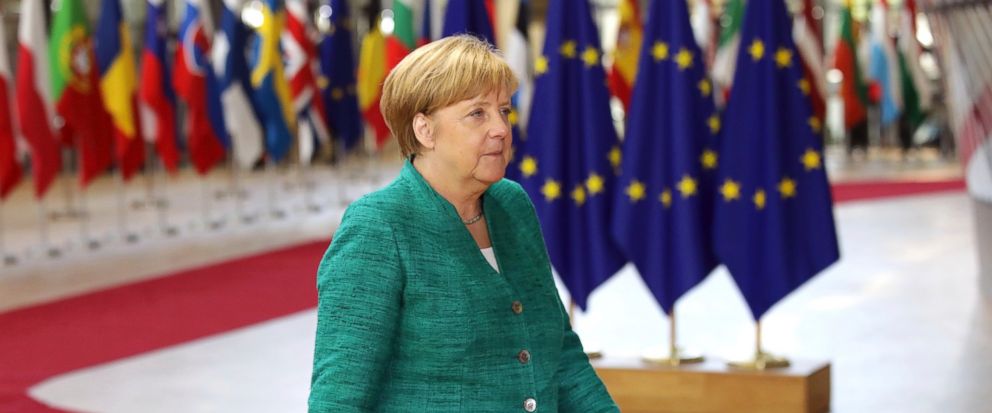
European Council on Migration
After a nearly 10-hour long session that ended up just before sunrise in Brussels, EU leaders came up with an agreement on migration policies. They agreed there should be a common effort in order to alleviate the burden on Southern European Countries, but “only on a voluntary basis”, eliminating thus the refugee redistribution quota system under great pressure from many European countries. The geographical and ideological divisions have been exposed again on the occasion of this summit. The issue of a common asylum system remains unresolved, and as the Council conclusions state: “a consensus [still] needs to be found”.
Still, some concrete ideas have been put on the table. The EU has decided to foster the creation of new migrant centres for housing and processing asylum petitions along the rim of the Mediterranean Sea, but a number of questions remain on their location and how they would be implemented. Some EU leaders raised the possibility to implement these migrant processing centres in North Africa under EU funding and upon African countries’ consent, but these have already on several occasions expressed their total opposition. Donald Tusk, European Council president, advocated for this controversial initiative that pleased Italian’s new Prime Minister Giuseppe Conte, who threatened to veto the entire proposition text unless other EU states did more to “help Italy”. At the end of the summit, he stated: “We are satisfied. It was a long negotiation but from today Italy is no longer alone”. Also, Emmanuel Macron declared that European cooperation “has won the day”.
Eugenio Ambrosi, Europe director for the International Organization for Migration (IOM) stated: “What we do not want is external processing centres and we definitely do not want an Australian model”, referring to detention centres on Pacific islands as a way to externalise borders. Both The UN Refugee Agency (UNHCR) and IOM have stressed that the EU cannot “outsource the problem”.
Regarding secondary movement, i.e. movements once in European soil, Council conclusions stated: “secondary movements […] risk jeopardising the integrity of the Common European Asylum System and the Schengen acquis”, and left the matter to be dealt at the national level.
The deal strikes a balance between border concerns and the demands of nations who want to stop migrants traveling on to their countries. The European Council confirms that EU foreign policy relies on a more effective control of its external borders. Hungary’s leader, Viktor Orbán, called for a “strong border” to stop what he considers an “invasion” of migrants. In Germany, Merkel is under intense domestic political pressure to close borders. Horst Seehofer, CSU leader, Interior Minister, threatened to close Germany’s borders to refugees unless Merkel comes up with a plan by 1 July. That is why Merkel warned on Thursday that the future of the EU hinged on its capacity to find answers to migration. If they failed to do so, Merkel warned that they risked creating a situation where “no one believes in the value system that has made us so strong”.
- The Euromed news are edited by the team of the Euro-Mediterranean Policies Department of the European Institute of the Mediterranean -


